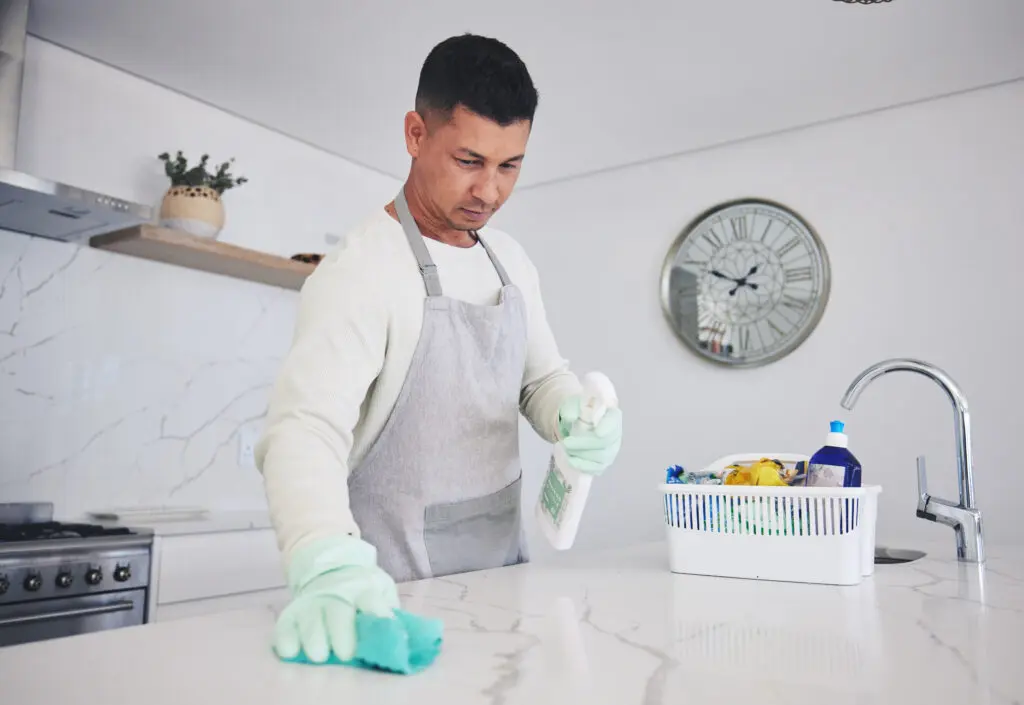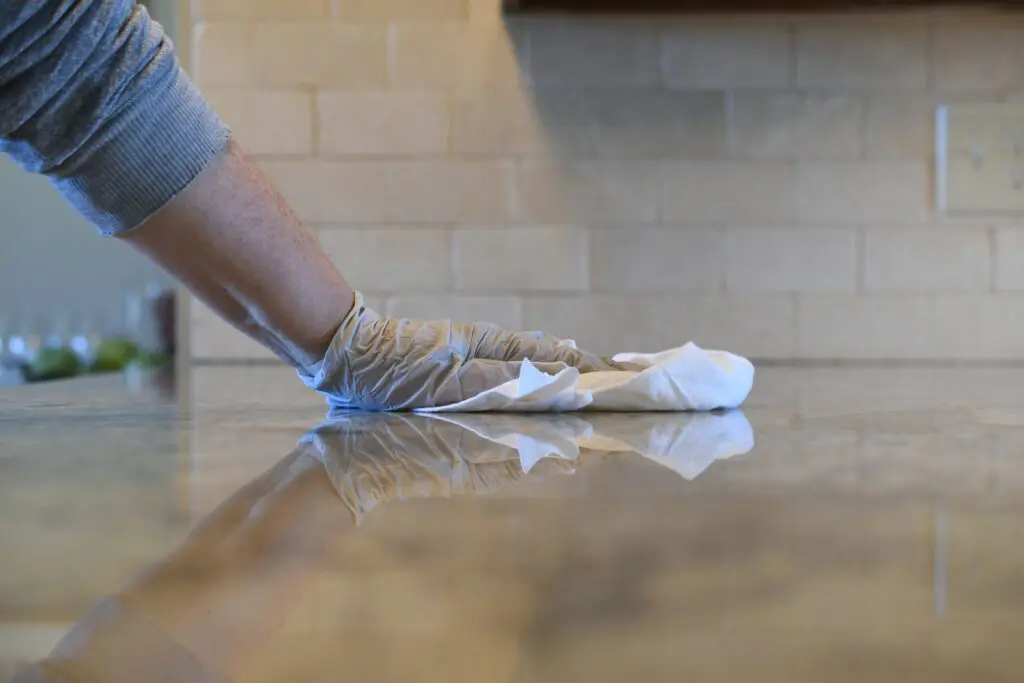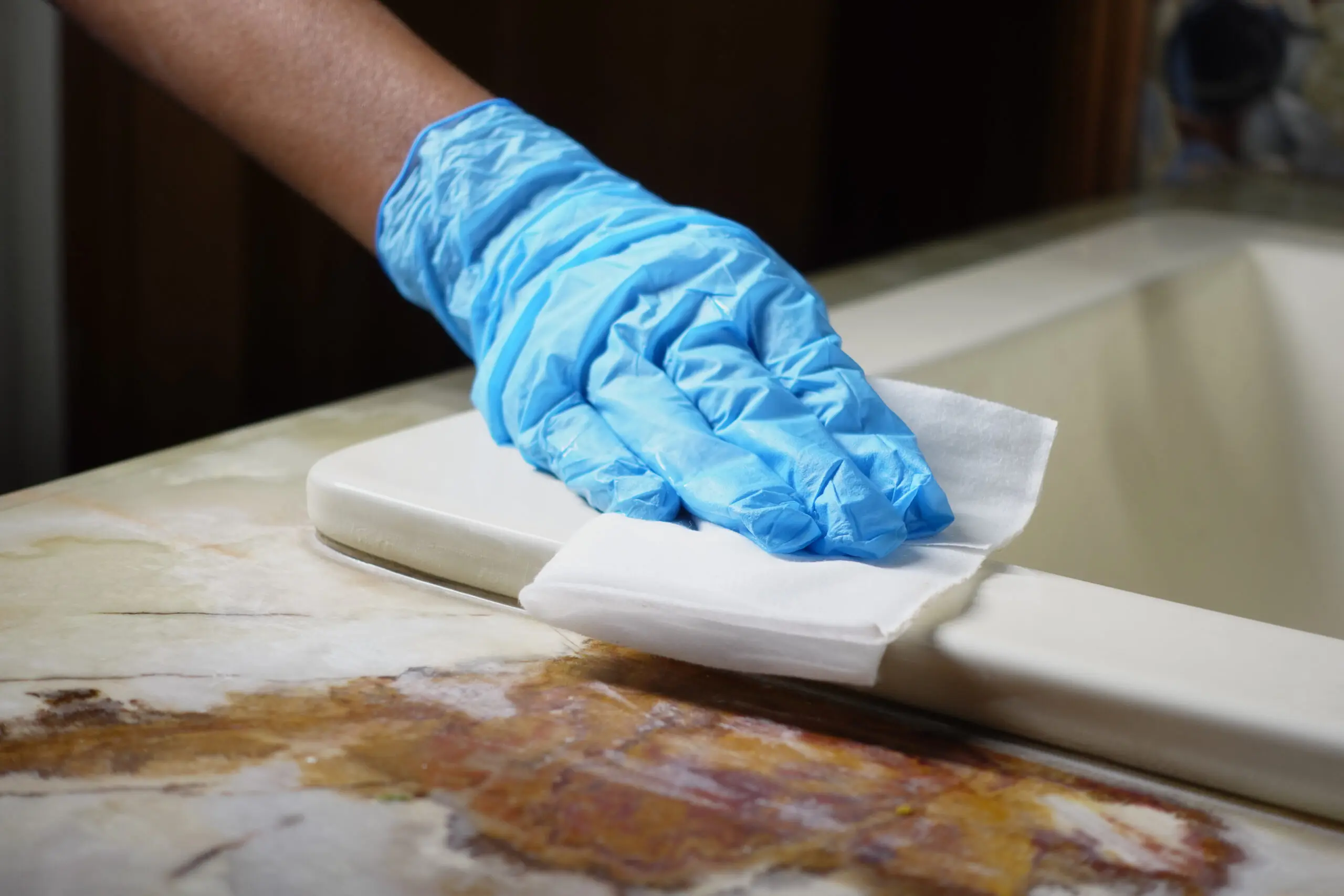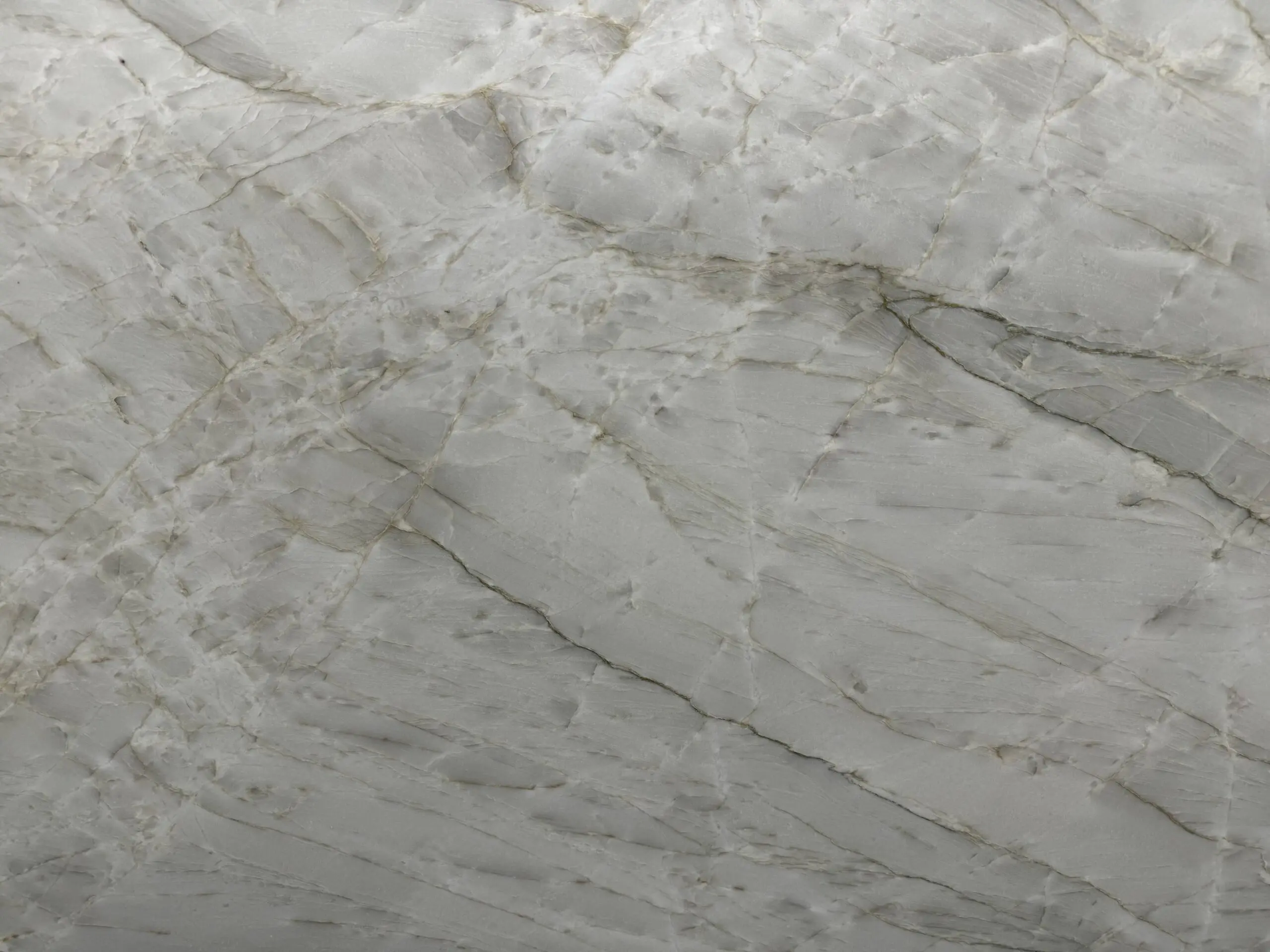Introduction to Marble’s Sensitivity and the Impact of Oil Stains
Marble countertops add elegance to any kitchen, but they need careful maintenance due to their delicate, porous nature. Oil stains can quickly soak into the surface, leaving dark spots that disrupt the countertop’s beauty. Acting fast and knowing the right cleaning steps can save your marble from lasting marks. Let’s dive into an easy-to-follow guide that makes cleaning oil stains on marble simple and effective.
What You’ll Need for Cleaning Oil Stains on Marble
To effectively remove oil stains without damaging your marble, gather these gentle, safe supplies:
- Soft microfiber cloth
- Baking soda (sodium bicarbonate)
- Hydrogen peroxide (for light-colored marble only)
- Plastic spatula or soft-bristle brush
- Plastic wrap or cling film
- Clean water
Avoid acidic cleaners like vinegar or lemon; these can damage marble’s surface.

Step-by-Step Guide to Removing Oil Stains on Marble
Step 1: Immediate Wipe-Up
If oil spills, act fast. Take a soft microfiber cloth and blot—don’t rub—the oil to lift as much as possible without spreading it. This quick action helps minimize the stain’s size and keeps it from seeping deeper.
Step 2: Make and Apply a Baking Soda Paste
- Prepare the Paste: In a small bowl, mix baking soda with just enough water to create a paste with a thick, spreadable texture. Baking soda helps draw out the oil without being too abrasive on marble.
- Apply the Paste: Spread the paste over the oil stain, covering it entirely. Use a plastic spatula or a soft brush to apply it evenly but gently—no scrubbing needed here.
- Seal and Wait: Cover the paste with plastic wrap to keep it from drying out too fast. Let it sit for about 24 hours; this gives the baking soda time to pull the oil up from the marble.
Step 3: Remove the Paste and Rinse
After 24 hours, carefully remove the plastic wrap and gently scrape off the dried paste with a plastic spatula. Wipe the area with a clean, damp cloth to remove any remaining paste.
What to Do if Stains Persist
For tough oil stains that didn’t come out fully, repeat the baking soda paste process. In some cases, adding a small amount of hydrogen peroxide to the baking soda can help—but only on light-colored marble! Hydrogen peroxide could lighten dark marble, so for dark marble, it’s safer to consult a professional cleaner.
Extra Tips to Protect Marble Countertops from Oil Stains
- Use a Sealant: Applying a marble-specific sealer yearly helps create a protective barrier, making the surface more resistant to stains. This extra layer of protection is a great way to prevent oil and other liquids from soaking in.
- Quick Clean-Ups: Quickly blotting any oil spill is one of the easiest ways to protect your marble from staining. Letting oil sit even a short while can make it much harder to remove.
- Stick with pH-Neutral Cleaners: When cleaning marble regularly, use pH-neutral, non-abrasive cleaners made especially for natural stone. Acidic or harsh cleaners can harm the marble’s finish.

Summing It Up: A Practical Guide to Keeping Your Marble Spotless
Marble countertops bring sophistication to your kitchen or bathroom, but they need a little TLC to keep their charm. Using a baking soda paste is a gentle, effective method to lift oil stains without harming the marble’s surface. With quick action and regular care, you can keep your marble looking as stunning as the day it was installed.
If your marble countertop has developed small cracks, scratches, or chips, these surface damages can be visually unappealing and may lead to more severe issues over time. Caring for and repairing natural stone surfaces like marble requires special attention, and United Granite is here to provide the best support for all your marble maintenance and repair needs.
Trustworthy and Professional Marble Repair with United Granite
At United Granite, we work with an experienced team and modern techniques to give your marble surfaces the care they deserve. Whether you have marble in your kitchen, bathroom, or other spaces, addressing both minor and significant damages requires professional intervention. Our expert team uses specialized maintenance and repair methods tailored for each type of marble surface to restore the original beauty of your countertop.
Why Choose United Granite?
- Expertise and Experience: United Granite offers years of accumulated knowledge in natural stone repair. Our team understands the structure and characteristics of marble, providing unique solutions for every repair job.
- High-Quality Materials and Equipment: During the repair process, we use premium-grade filling materials and polishers that complement the natural composition of marble surfaces. This ensures not only aesthetic consistency but also enhances the durability of the surface.
- Surface Protection and Maintenance Advice: At United Granite, we don’t just repair; we also share valuable maintenance advice to extend the lifespan of your marble surfaces. We provide detailed information on protecting your surfaces and key points to consider for daily upkeep.
The Marble Crack, Chip, and Scratch Repair Process
Our expert team carefully examines small cracks, chips, and scratches on marble surfaces and selects the appropriate filling materials. Depending on the damage level, we meticulously perform filling, surface leveling, and polishing. For high-traffic areas, like kitchen countertops, we take all necessary measures to ensure the surface remains durable after repair.
Give Your Marble a Second Chance with United Granite
Damage to your marble countertop can be frustrating, but at United Granite, we use a professional approach to restore your countertop to its original appearance. We’re committed to preserving the natural beauty of your marble and ensuring its longevity, leaving you with a smooth and durable surface.
If you’re looking to repair, maintain, or restore the aesthetic appeal of your marble surfaces, United Granite is here for you every step of the way.


